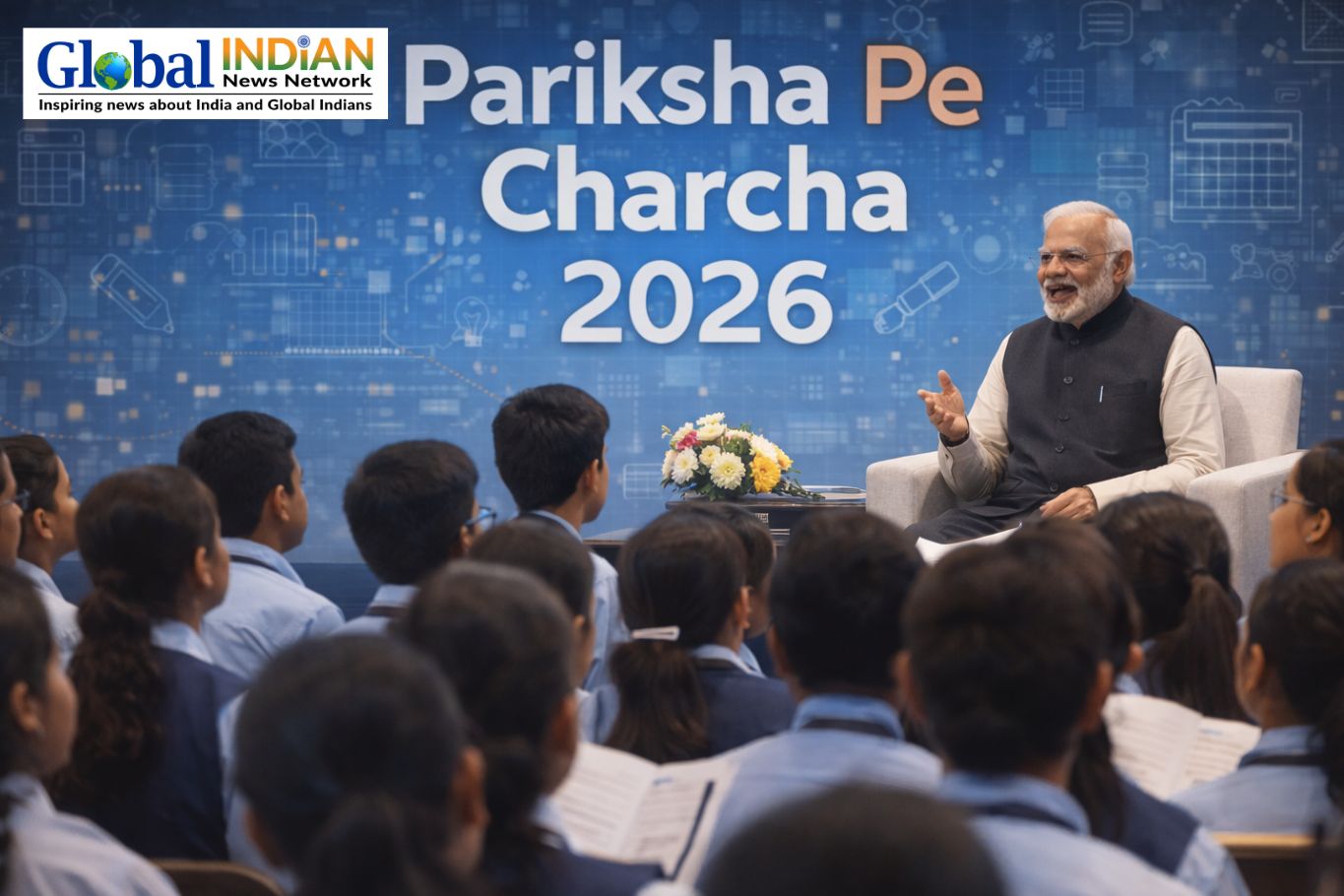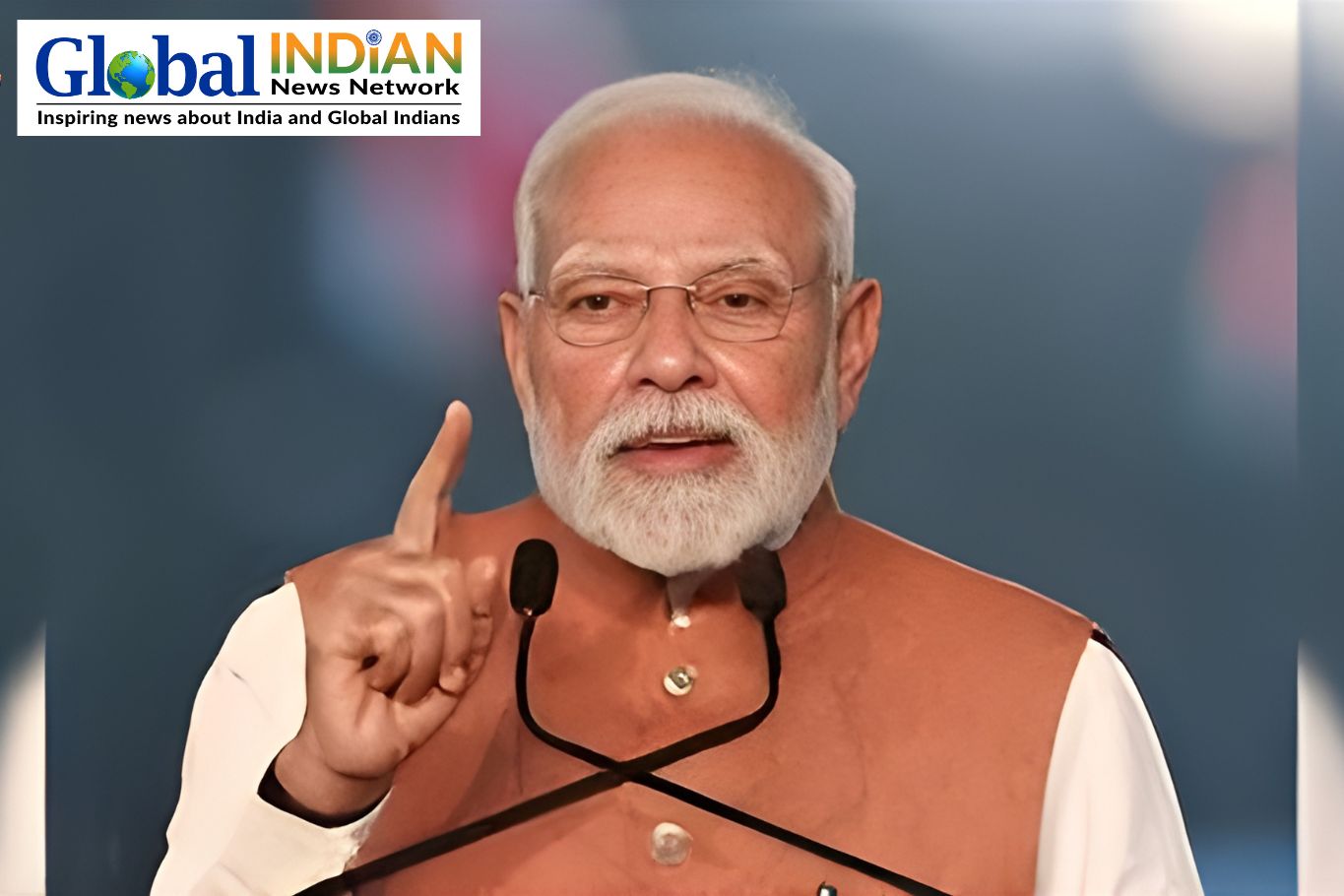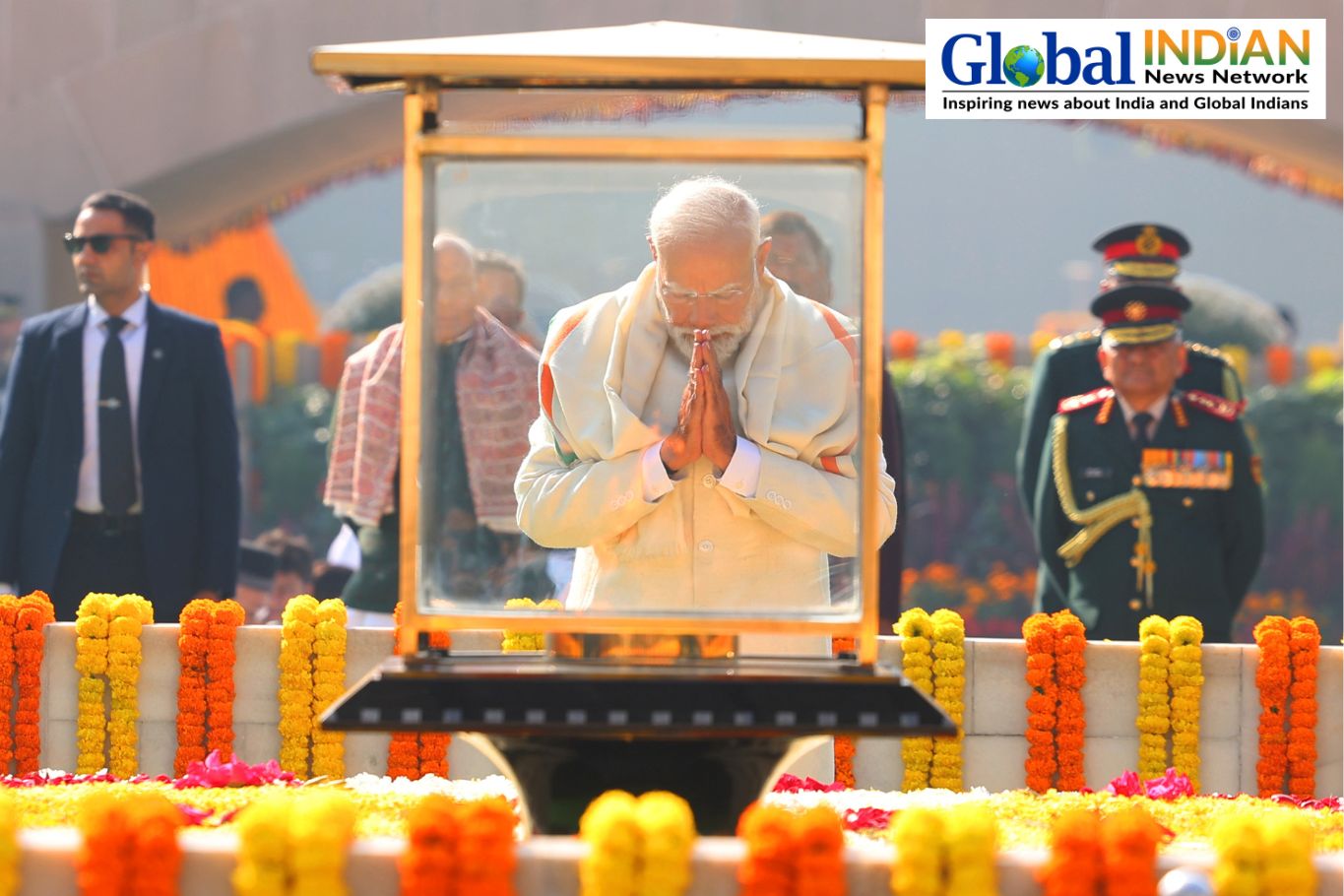
French carmaker Renault Group announced on Monday that it will acquire the remaining 51 per cent stake in Renault Nissan Automotive India Private Ltd (RNAIPL), currently held by Nissan Motor Corp, thereby becoming the sole owner of the company. This move marks a significant restructuring within the Renault-Nissan alliance, impacting both companies’ operational strategies in India.
Despite selling its stake in RNAIPL, Japanese automaker Nissan has reaffirmed its commitment to the Indian market, with a focus on strengthening its presence and expanding market coverage. The company emphasized that RNAIPL would continue producing Nissan vehicles, including the new Nissan Magnite, ensuring its continued relevance in India. Nissan sees this facility as a crucial element in its future expansion plans within the country.
Renault Group’s acquisition aligns with its ‘2027 International Game Plan’, aiming to bolster its footprint in key global markets, including India. The Chennai manufacturing facility, which boasts a production capacity of over 400,000 units annually, will play a pivotal role in Renault’s growth strategy. The company also announced its intention to introduce the CMF-B platform at the Chennai plant by 2026, starting with the launch of four new models under this platform.
In a related development, Nissan will no longer be obligated to invest in Ampere, thereby terminating the investment agreement signed in July 2023. This decision allows Nissan to channel its resources toward other strategic priorities, reinforcing its renewed focus on the Indian market and other key regions.
Luca de Meo, CEO of Renault Group, highlighted the strong partnership between Renault and Nissan, emphasizing their long-standing collaboration within the Alliance. As Renault’s main shareholder, de Meo underscored the company’s vested interest in Nissan’s financial recovery and long-term success.
“Pragmatism and a business-oriented mindset were at the core of our discussions to determine the most effective ways of supporting Nissan’s recovery plan while simultaneously identifying value-creating opportunities for Renault Group,” de Meo stated.
He further emphasized that the framework agreement between the two companies is a testament to the agile and efficient approach of the new Alliance structure. “This move reinforces the appeal of our products, such as the Twingo, and our ambition to expand in international markets. India is a key automotive hub, and Renault Group is committed to establishing a strong industrial footprint and ecosystem in the region,” he added.
Even though Nissan is relinquishing its stake in RNAIPL, it remains dedicated to the Indian automotive market. The company reassured stakeholders that it would continue focusing on expanding its market coverage and enhancing its presence in India. The RNAIPL facility in Chennai will maintain its role in producing Nissan models, including the new Nissan Magnite, which is central to the company’s future growth.
Ivan Espinosa, President and CEO of Nissan, reiterated the company’s commitment to India, emphasizing its plans to cater to local consumer needs while maintaining high standards in sales and service for both existing and future customers.
“We are fully committed to the Indian market, ensuring that we deliver vehicles tailored to local consumer preferences while upholding top-tier sales and service. India will continue to serve as a hub for our research and development, digital initiatives, and other knowledge services. Our plans for introducing new SUVs in the Indian market remain unchanged, and we will persist with our vehicle exports under the ‘One Car, One World’ business strategy for India,” Espinosa stated.
This strategic realignment within the Renault-Nissan partnership underscores both companies’ evolving strategies as they seek to optimize their operations, expand their market reach, and strengthen their competitive positions in the global automotive industry.











